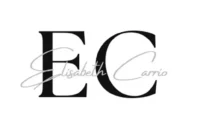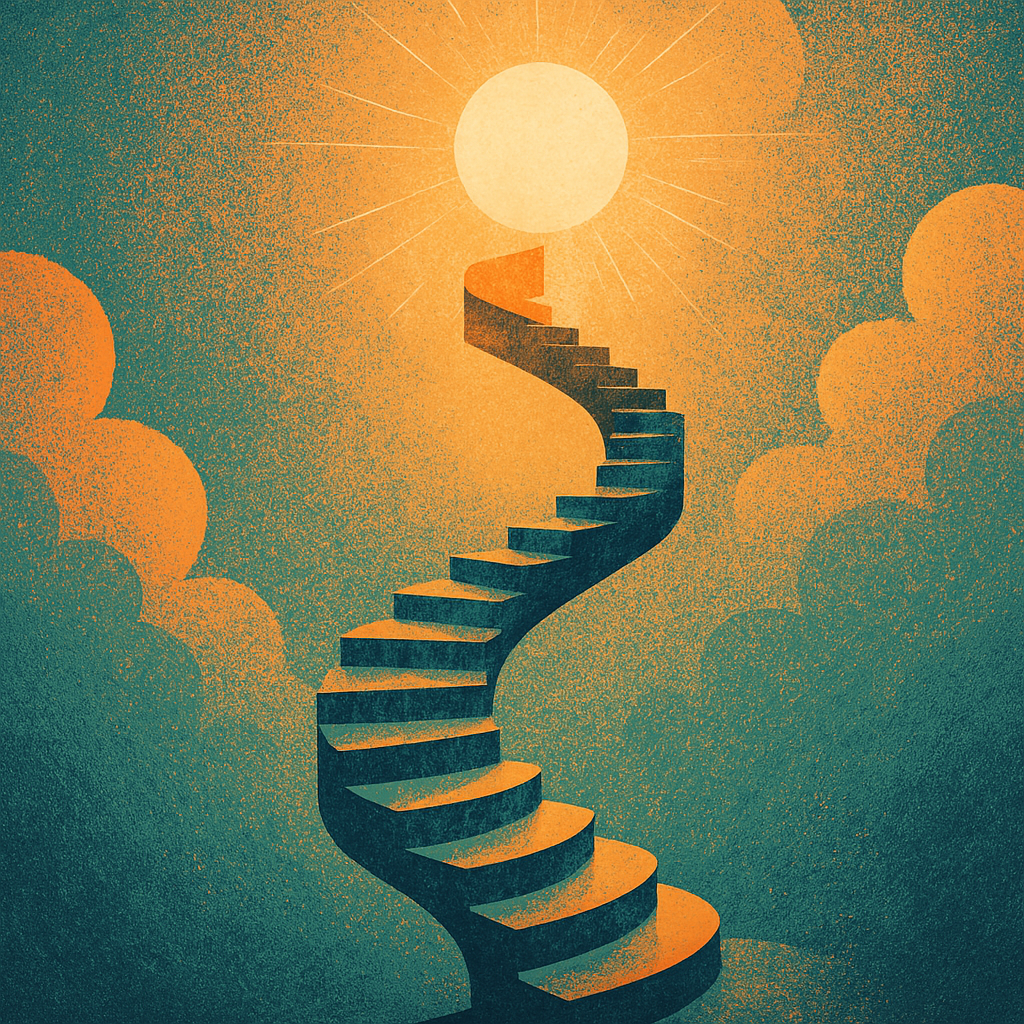This topic was proposed to me as part of a research project in transpersonal psychology. It raises several questions, the answers to which, I believe, can help us move forward on our life path.
First, it seems obvious – but essential – to remember that to develop confidence… you already need to have a minimum of it. This seemingly banal remark, however, opens the way to a deeper exploration. It therefore seemed necessary to me, as a first step, to ask myself what confidence is and how it is built. Then, I will try to define what we mean by “ego,” since the subject invites us to go “beyond.”
Why is this topic worth exploring? Because it allows us to deconstruct certain stereotypical discourses that are very prevalent in spiritual or personal development circles. However, in transpersonal psychology, it is essential to begin by clarifying concepts. The quest for meaning requires rigor and discernment.
What is trust, and how can you develop it?
Before we can even think about having confidence—in ourselves, in others, or in the world—we need to understand what it is. The word "confidence" actually has two main meanings: on the one hand, it refers to assurance, courage, or boldness based on an awareness of one's worth and skills; on the other, it refers to trusting someone or something outside of oneself.
Etymologically, the word comes from Latin cum fides – “with faith” – which brings us back to the notion of belief. To have confidence is to believe, to give credence to what is not fully under control. And this belief is built, anchored, or wavers, depending on our background, our personality, our education, and our life experiences. This is why confidence is plural: it can be nourished by inner security, but also by social anchoring, or even by a spiritual disposition.
Confidence cannot be separated from resilience, the ability to rebuild after a challenge. It is part of a malleable belief system that can be evolved. It's a process that begins with awareness of one's limiting beliefs and can be pursued through various approaches—cognitive, emotional, physical, or spiritual—that I've discussed in other articles.
What is ego?
The word "ego" (from Latin I) is today often connoted negatively, assimilated to selfishness or egocentrism, which is paradoxical in our individualistic societies. It was popularized by Freud, who made it a structuring instance of the psyche, even if thinkers like Nietzsche had already explored this notion well before him.
For my part, I consider the ego as a mental structure which allows us to perceive ourselves as distinct, coherent and identifiable beings. It contains our roles, our history, our desires, our limits, our fears. It constitutes the container from which self-awareness, and therefore confidence, develops.
Contrary to certain spiritual injunctions which advocate the eradication of the ego, I think that it is not a question of overcoming it in the sense of cancelling it, but of consolidating it in order to be able toexpandThe work consists of recognizing our belief systems, deconstructing them in order to reconstruct them differently, with a broader perspective. It is an exercise in inner alchemy, where the raw material is ourselves.
How to develop confidence beyond ego?
The question posed concerns the "how." But before answering it, it would have been just as relevant to ask the "why": why do we want to go beyond ourselves? Is it a realistic goal or a utopia? I am deliberately leaving this question open, because it touches on issues of transcendence and idealism, which I may explore in another text.
So let's get back to the question of "how."
Questioning our idealizations
In transpersonal psychology, talking about trust beyond the ego often comes down to addressing our relationship with ancient knowledge or spiritual traditions. However, one of the first abuses is to idealize indigenous cultures, as if they embodied an original wisdom, in perfect harmony with nature. This is a modern projection. History shows that violence, conflicts, and power hierarchies also existed in these societies: human sacrifice among the Mayans, tribal wars in Africa, religious violence described in the Old Testament...
These societies were no exception to the universal rule of the survival instinct: born, fight, die. The ego was already playing its role: surviving, sometimes at the expense of others. A posture of distrust, even hostility, was the norm. Trust could only exist within a small circle. The violence we still observe today is rooted in these ancient mechanisms: it reflects a defensive and archaic posture of the self.
Are we living in a rational age?
Another widely held belief – especially in scientific circles – is that we live in an era dominated by rationality. Yet, we are witnessing a proliferation of irrational practices : astrology, tarot, shamanism, esoteric personal development… This phenomenon, often amplified by the loss of institutional or religious reference points, reflects a profound quest for meaning. But this quest, instead of strengthening collective confidence, sometimes tends to exacerbate individualism, with each person seeking answers to their wounds in very personal beliefs, rarely questioned.
Since the Enlightenment, rationality has been elevated to the norm, often to the detriment of intuition, which is perceived as vague, feminine, or inferior. Yet, intuition and analytical thinking coexist has always been in human beings. Today, we are witnessing a strong return of the subjective: "follow your intuition", "listen to your heart". This may seem liberating... but creates a paradox: never has the individual been so encouraged to trust himself, and yet, collective trust is crumblingHyper-individualization often leads to isolation, even narcissism.
Building Broader Trust
Developing confidence beyond the ego arguably begins with an essential foundation: a self-esteem strong enough to feel secure in our own skin. But this inner foundation, necessary as it is, is not enough. Because trusting beyond oneself requires a true openness of consciousness, an ability to reach out to others, to the unknown, to that which is beyond our control.
The first condition for this expanded trust lies in a stable psychological base, often built very early in life.Authors such as Erik Erikson, Carl Rogers, and Boris Cyrulnik have shown how the feeling of inner security, developed from childhood, is a fundamental foundation. It is through this basic trust that the individual can venture outside of himself, explore the world, and take relational or existential risks without constantly feeling in danger. When this foundation is absent or weakened, every uncertainty becomes a threat, and every otherness an obstacle.
But trust is not based solely on this psychological security. It also involves an ethical stance: a choice, sometimes difficult, of openness to others and to the world.Thinkers like Paul Ricœur and Annette Baier insist that trust is never automatic. It requires a conscious act, an inner decision to make oneself vulnerable, to accept the risk inherent in any true relationship. Trusting is not ignoring danger; it is choosing to move forward in spite of it, accepting uncertainty as an integral part of the human encounter.
However, this personal effort can only bear fruit in an environment that makes it possible. This is where collective structures, organizations, and communities come in. According to authors such as Niklas Luhmann, Stephen Covey, and Simon Sinek, Societies or institutions that succeed in generating a climate of psychological safety are those that promote cooperation, dialogue and collective growth. Trust cannot flourish in environments based on fear, constant competition, or judgment. It requires spaces where people can express themselves without fear, experiment without punishment, and learn without humiliation.
Finally, there is a dimension that is more difficult to grasp, but perhaps the most essential: spiritual disposition. Trusting beyond the ego also means taking a step toward mystery. It involves knowing how to listen to what is not seen, welcoming what arises unforeseen, making room for what Thich Nhat Hanh or Pema Chödrön call the wisdom of not knowing. It is an inner attitude of humility in the face of life, a form of trusting abandonment to what is beyond us. Not a passive submission, but an active listening to what life seeks to tell us, beyond appearances.
Conclusion
In short, building trust beyond oneself is a demanding journey. It begins in the intimate, is rooted in ethics, is embodied in the social, and opens toward the spiritual. It is a movement that is both profoundly human and mysteriously transcendent.
This last dimension is perhaps the most important. Is it a path reserved for a few? Or is it a path that everyone can cultivate, in their own way, at their own pace?
This is a question I leave with you to share… and that we can explore together in future articles.

